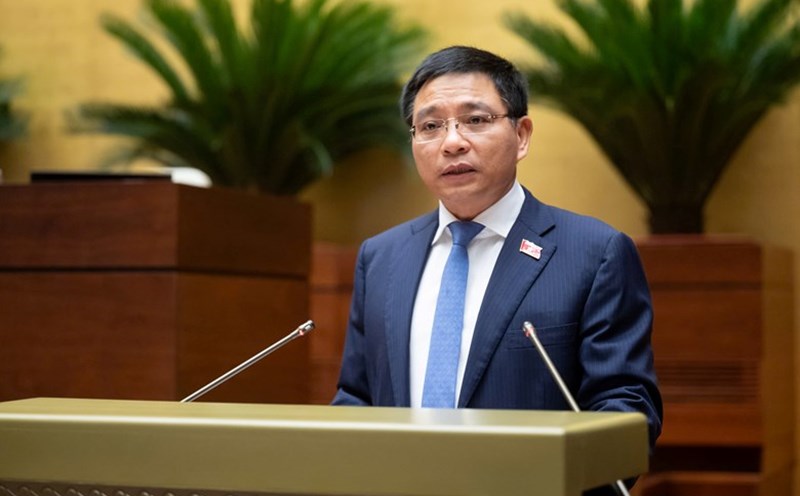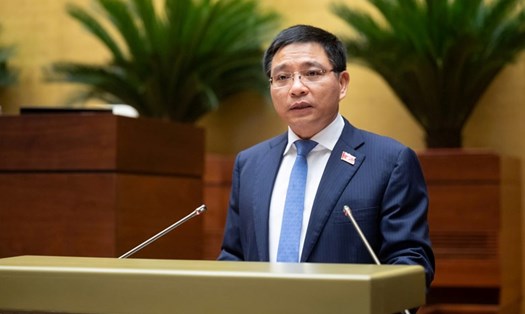On May 19, Deputy Prime Minister Tran Hong Ha chaired a meeting with a number of ministries, branches and localities on decentralization and division of authority in the fields of agriculture and environment when organizing local governance at 2 levels.
Concluding the meeting, Deputy Prime Minister Tran Hong Ha said that there are still many issues that need to be further improved in terms of principles, criteria and implementation conditions.
According to the Deputy Prime Minister, tasks related to the general mechanisms and policies of the whole country, such as law making, strategies, master plans, key national projects, security, defense, foreign affairs, etc., need to be kept at the central level, under the authority of the Government or the Prime Minister.
Specific administrative regulations, with technical expertise such as standards, regulations, unit prices for technical norms, etc., can be decentralized and delegated to ministers and heads of sectors.
For tasks that are specific to a given area, without inter-provincial or inter-sectoral elements, it is appropriate to assign them to the provincial level. The principle is "wherever it is close to the people, close to reality and has enough capacity, that level will do it".
Localities can develop more detailed regulations, in line with reality, and even more strictly, as long as they comply with the law and the national orientation.
The Deputy Prime Minister said that even in localities, it is necessary to clearly define the scope of authority of the People's Council (PC), the People's Committee (UBND) and the Chairman of the People's Committee when decentralizing and delegating power.
Accordingly, the People's Council focuses on deciding on long-term strategic and policy orientations; while the People's Committee and the Chairman of the People's Committee are the units responsible for comprehensive implementation.
In addition, the Ministry of Agriculture and Environment needs to clearly stipulate the mechanism for inspection, supervision and assessment of work quality based on results and final goals, after implementing decentralization, delegation of authority and delegation of authority to localities.
The Deputy Prime Minister noted that decentralization, delegation of authority, and delegation of authority are only truly effective when accompanied by conditions to ensure implementation such as human resources, finance, equipment, legal basis, technical guidance, etc.
If there is a lack of synchronization, the delegation of authority will lead to risks in the organization of implementation, affecting management efficiency.
In case the locality is not qualified to implement, it is necessary to proactively discuss with the Central Government to adjust, avoiding the situation of "granting" leading to congestion or shirking responsibility.
The review and proposal of decentralization and delegation of authority must be carried out within the framework of the Law on Government Organization, the Law on Organization of Local Government and current specialized laws.
Only for tasks that the Government, the Prime Minister and ministries and branches have fully completed the legal and political basis, support tools such as planning, standards, norms and control tools should be implemented.
" Decentralization and delegation of authority must come with specific implementation conditions. If the locality is assigned new tasks, it needs to simultaneously be adjusted in terms of organizational structure, human resources, equipment and funding" - the Deputy Prime Minister emphasized.
According to the Deputy Prime Minister, decentralization will only be achieved when there is sufficient legal basis and support tools such as planning, standards, and norms.
On the contrary, the contents that the Central agency has not yet completed cannot be assigned to the locality but need to continue to review and calculate appropriately.











